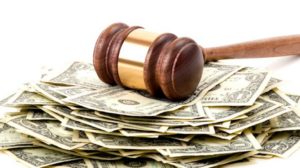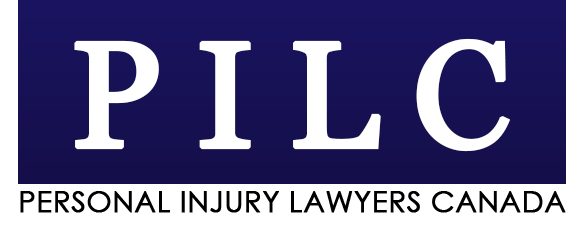Legally, damages are the monetary compensations. It refers to the monetary settlement claimed by an individual, or granted by courts as a result of personal injury cases. The pecuniary and non-pecuniary damages are for the accident victims or for the surviving wife and kids of a deceased who suffered injuries or wrongful death caused by the negligence of another party. So, if you decide to hire a Kingston personal injury & accident lawyer, you need to understand the 2 kinds of damages that you want your attorney to work with.
 There is no amount to equal the value of one’s loss or injury. However, the main purpose of awarding damages is to restore, recompense and give hope to the victim or the family of the dead victim. Consequently, damages are corrective and remedial sanctions rather than punitive.
There is no amount to equal the value of one’s loss or injury. However, the main purpose of awarding damages is to restore, recompense and give hope to the victim or the family of the dead victim. Consequently, damages are corrective and remedial sanctions rather than punitive.
Moreover, there are factors to consider when summing up a personal injury claim. The definition of the factors can either be pecuniary or non-pecuniary. The court’s judge or the jury determines the full amount of the award.
Pecuniary Damages
While pecuniary and non-pecuniary damages are totally different, it is easier and simpler to calculate pecuniary damages. In McIntryre v. Docherty case, the Court of Appeal in Ontario says, “Pecuniary damages are generally assessed on the basis of calculable losses for items such as the plaintiff’s prospective loss of earnings and profits and costs of future care, as well as other expenses…”
To simply put it, pecuniary damages are finance-related losses. They are easy to quantify. Therefore, it is the most common kind of settlement under a personal injury lawsuit. It includes the losses of the victim and his family. Below are its examples:
- Medical and Hospitalization Bills – The expenses accrued on treatment. This involves the ambulance
 rides, chiropractic care, medication, surgery, occupational or physical therapy, and a lot more.
rides, chiropractic care, medication, surgery, occupational or physical therapy, and a lot more. - Replacement of Lost Wages – In many instances, people cannot go to work while on rehabilitation and recuperation. The settlement for wage replacement includes the missed work and the total pay for future work.
- Loss of the Capacity to Earn – When an injury impedes the person’s ability to earn income or to pursue his career, it is the loss of earning capacity. Say, if the job of a person requires travel most of the time but he is now suffering back injury, he cannot pursue such work. He ends up settling for a low-paying career because of his physical situation.
- Future Care – This refers to rehabilitation expenses such as hospice care and physical therapy which a person must undergo for years. Such future care is important to be able to regain his normal well-being.
Non-Pecuniary Damages
The damages called as non-pecuniary are personal injury compensations awarded to claimants. It is a sum of money given to appease the inflictions suffered by the accident victims and their families. The kinds of losses under this category are intangible, such as loss of enjoyment, companionship, or pain and suffering. Mostly, it is up to the discretion of the judge or jury to determine the non-pecuniary loss.
In the case of Stapley v. Heislet, the court of Appeal of British Columbia dictates, “The in-exhaustive list of common factors… that influence an award of non-pecuniary damages includes: (a) age of the plaintiff; (b) nature of the injury; (c) severity and duration of pain; (d) disability; (e) emotional suffering; (f) loss of impairment of life; (g) impairment of family, marital and societal relationship; (h) impairment of physical and mental abilities; (i) loss of lifestyle; and (j) the plaintiff’s stoicism…”
If you are suffering an injury or loss of a family member due to someone else’s negligence in Kingston, file a claim. It is necessary to discuss personal injury cases with a Kingston personal injury & accident lawyer. Our attorneys are expert in identifying your pecuniary and non-pecuniary damages. They are also experienced in gathering vital evidence to warrant a maximum claim.

Recent Comments